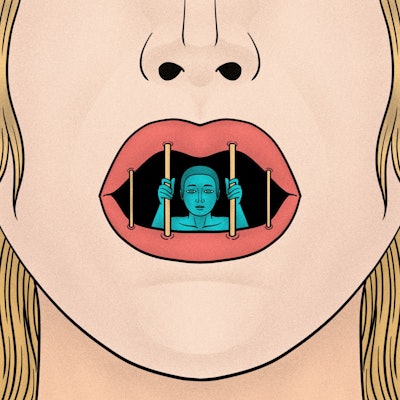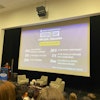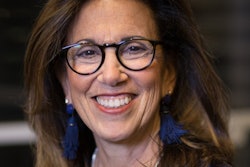Throughout the years, Dr. Sandra Caron and Deborah Mitchell began to notice a certain trend each time they spoke to classes about sexual assault. Directly after the discussion, or perhaps days later, a student would come forward and disclose their experience of being assaulted. More often than not, Caron and Mitchell noted, these students would use the following phrase: “I’ve never told anyone this but…”
“We basically became a safe haven,” says Mitchell, who, as a former police sergeant and sexual assault investigator at the University of Maine, knows firsthand just how many campus assault cases go unreported to the police.

“We’ve spent decades telling women to seek help, seek support,” said Caron, a professor of family relations and human sexuality at the University of Maine’s College of Education and Human Development. “How is it — especially with the #MeToo Movement that started in 2017 and really amplified this idea of seeking help — that we still have women who hold on to this pain in silence?”
That was the central question she and Mitchell sought to answer in their recent study, “‘I’ve Never Told Anyone’: A Qualitative Analysis of Interviews With College Women Who Experienced Sexual Assault and Remained Silent,” published in the journal Violence Against Women. They wanted to know not only why students didn’t report their assaults to the police but why, according to one study, a third of victims chose not to tell anyone at all.
Though such students were difficult to find, Caron and Mitchell eventually interviewed 15 college students, between the ages of 19-24, who had previously never shared their assaults (all of which happened more than one year before the interview) with anyone before the study. Throughout the many hours of those conversations, Caron and Mitchell said they began to notice 10 common themes resurface.
“It was almost like a broken record when you heard the different experiences that women had with sexual assault,” said Mitchell. “They would come up with almost the same 10 reasons why they didn’t report it to anyone.”




















